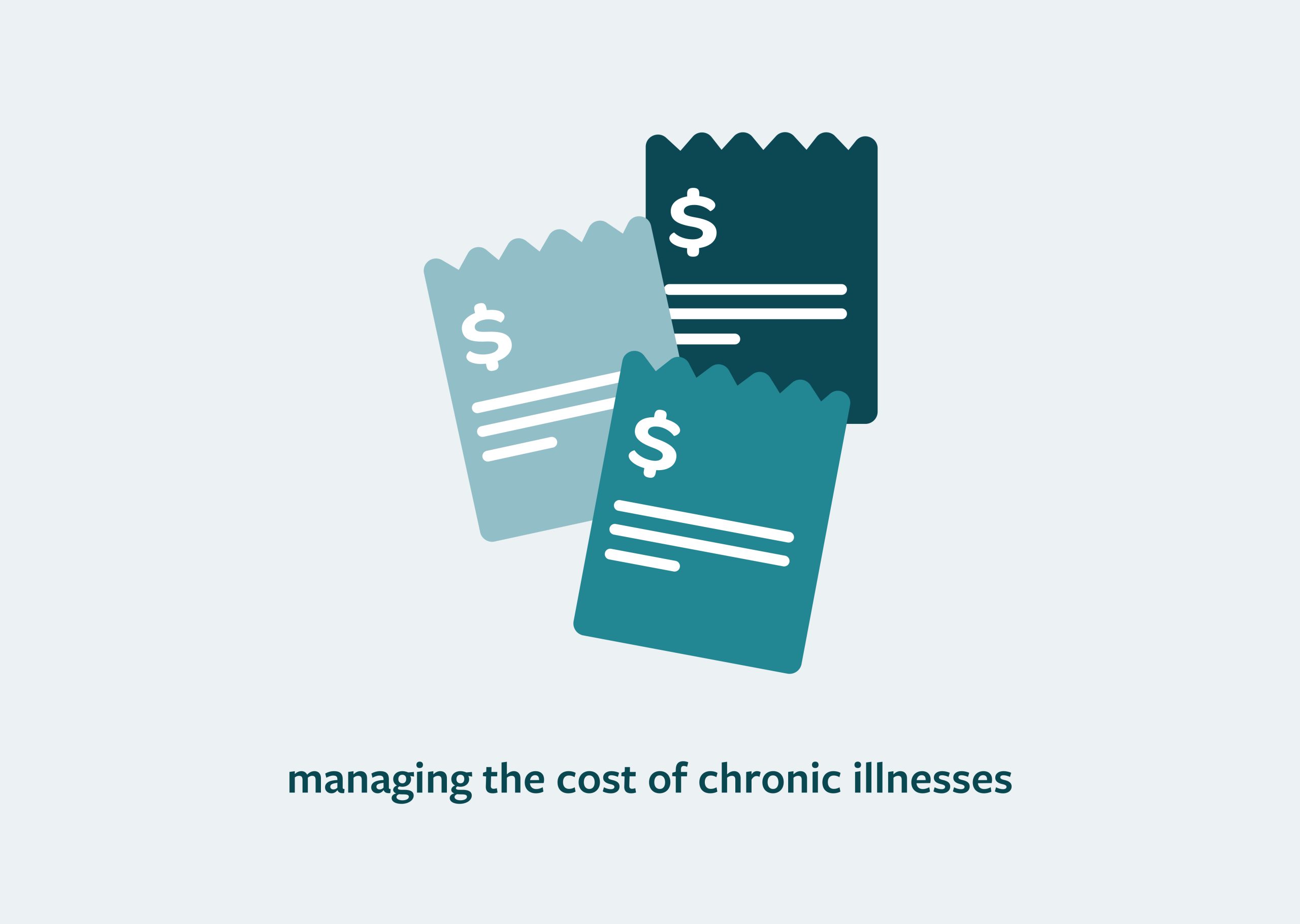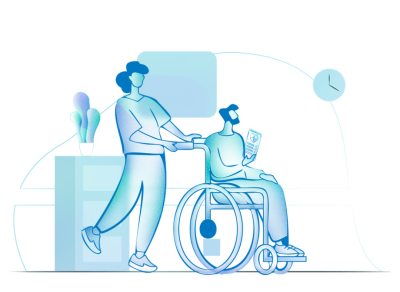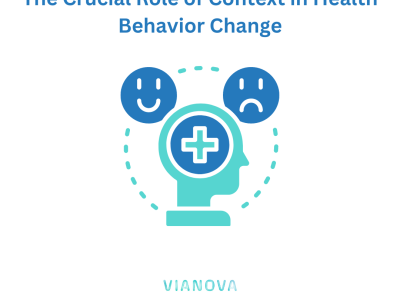
Navigating the Financial Burden of Chronic Illness
Living with a chronic illness comes with not only physical and emotional challenges but often significant financial burdens as well. In this article, we’ll explore how individuals dealing with chronic illnesses can employ insights from the field of behavioral economics to better manage the financial challenges that come their way. By understanding cognitive biases and decision-making patterns, those facing chronic conditions can make more informed and financially savvy healthcare decisions.
Loss Aversion:
One of the key principles of behavioral economics is loss aversion—the tendency for individuals to strongly prefer avoiding losses over acquiring gains. When managing chronic illnesses, this bias can play a pivotal role in healthcare decisions. We’ll discuss how patients might be reluctant to switch treatments or healthcare providers due to fear of losing the progress they’ve made, even if a change could lead to potential cost savings or improved care.
Framing Healthcare Expenses:
The way healthcare expenses are framed can greatly influence how individuals perceive and approach them. We’ll delve into how individuals might be more likely to take action if healthcare costs are presented as investments in their long-term well-being rather than just immediate expenses. By understanding the psychological impact of framing, patients can make decisions that align more closely with their long-term health goals.
Sunk Cost Fallacy:
The sunk cost fallacy refers to the tendency to continue investing resources (time, money, effort) into a decision based on the cumulative investment already made, even if continuing is not the rational choice. This phenomenon can affect individuals managing chronic illnesses who may continue with a certain treatment or healthcare plan simply because they’ve invested so much already, even if there are more cost-effective alternatives available. We’ll discuss strategies to overcome this bias and make decisions based on the present and future rather than past investments.
Behavioral Insights in Insurance and Savings:
Health insurance and saving for medical expenses are crucial aspects of managing chronic illnesses. We’ll explore how behavioral economics can inform decisions about insurance coverage, deductibles, and savings strategies. Concepts like mental accounting and the endowment effect can play a significant role in how patients approach these financial aspects of their health management.
Decision Fatigue and Healthcare Choices:
Managing a chronic illness often involves numerous decisions about treatments, medications, and lifestyle adjustments. Decision fatigue, the idea that making too many decisions can lead to poor choices or avoidance altogether, can impact individuals’ ability to make sound financial decisions regarding their health. We’ll discuss how simplifying choices, creating routines, and using defaults can alleviate decision fatigue and promote better financial and health outcomes.
Navigating the financial challenges that come with chronic illness requires a thoughtful approach that takes into account the unique biases and cognitive patterns we all exhibit. By incorporating insights from behavioral economics, individuals can become more informed and empowered decision-makers, better equipped to manage their health while minimizing the financial strain of living with a chronic condition. Understanding concepts like loss aversion, framing, and sunk cost fallacy can lead to more financially sound and personally satisfying healthcare choices.



FEEL FREE TO DROP US A LINE.